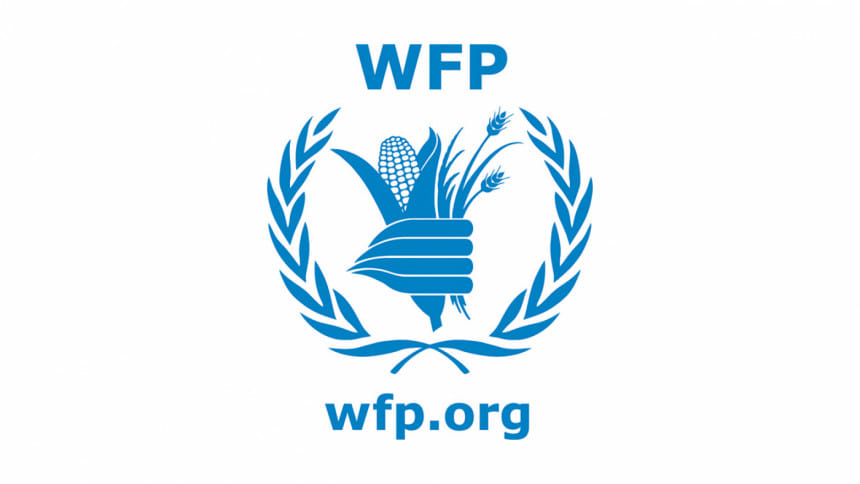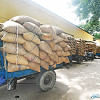Food security still a ways off despite inroads

Although Bangladesh has made inroads in terms of foods security, about 36 percent of the country's low-income households faced food shortages in the October-November period of 2023, according to World Food Programme (WFP).
A recent survey by the WFP, styled "Bangladesh Food Security Monitoring: Seasonal Impact", found that households led by women or featuring people with physical disability suffered during the period despite seasonal changes in income opportunities.
The WFP recently released its findings, which are based on a survey conducted on 1,200 households across the country between October and November last year.
It said multiple shocks, including higher health expenditures and eroding incomes, were the driving factors behind food insecurity during the period.
Concerns over high food prices remained elevated, with some 93 percent of households saying that the rise was their deepest concern and significantly affected their wellbeing regardless of income, it added.
On average, almost two in every 10 low-income households, or 18 percent, were facing food insecurity in November. However, it was 24 percent in August, as per the findings of a previous WFP survey.
The latest WFP report says food security had improved nationwide in November as the rice and winter vegetable harvesting season began that month.
This allowed farming households to recover losses stemming from heavy rainfall earlier in the year while also generating employment opportunities.
Still, many households had to rely on negative coping strategies to put food on the table despite the overall improvement in food security.
More than six out of every 10 households applied livelihood-based coping strategies, such as borrowing money and selling productive assets, to buy food, the survey said.
Besides, the proportion of respondents who had to opt for credit purchases of food and other essential items remained similar in October and November at 45 percent, it added.
Meanwhile, an average of more than three in every 10 households could not afford balanced diets due to price hikes for regular food items, particularly sources of protein like eggs, fish and meat.
Additionally, not all of the country's divisions adequately cultivate vegetables, with households in many areas reporting that there was a lack of it in their diets.
DIVISION-WISE FOOD SITUATION
The overall distribution of food insecurity among the divisions, excluding Rangpur, was quite uniform in November as farming households reported increased income following the vegetable harvests.
But due to the effects of Cyclone Midhili, farming households in Barishal experienced crop loss and damage that same month.
As such, households in Barishal faced the highest food insecurity compared to those in other regions.
But in Dhaka and Chattogram, workers faced challenges related to food security as strikes in the garment industry coupled with natural calamities and ongoing political unrest reduced their income.
Regarding the recovery of people's income, the WFP said it would be a prolonged process, particularly for poor households, as sustained inflationary pressure in the country is increasing living costs.
Close to seven in every 10 poor households reported increased expenditures, especially for food, healthcare and education, during the October-November period, it added.
The WFP also said an average of 63 percent of the households surveyed reported higher expenditures in November.
Besides, four in every 10 low-income households reported high income losses, which is a very high ratio compared to that of middle-and-higher-income earners.
Between 30 and 40 percent of households across all divisions reported income losses during the period, with some 10-13 percent in Chattogram, Barishal and Dhaka registering up to 50 percent lower earnings.
Of them, some 22 percent had received assistance from government and non-government sources.

 For all latest news, follow The Daily Star's Google News channel.
For all latest news, follow The Daily Star's Google News channel. 







Comments